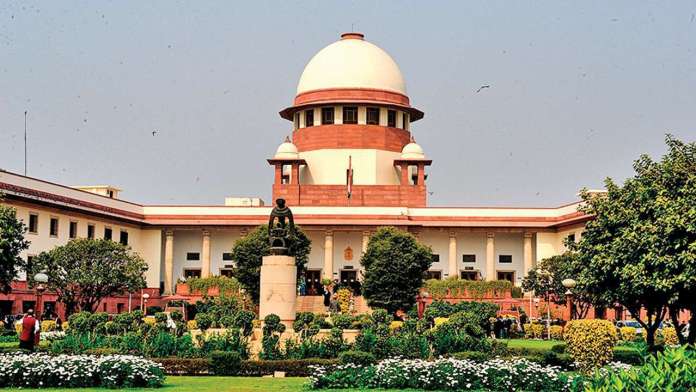Shreya Gupta
On 4th April 2025, the Supreme Court interpreted the limitation period under the Insolvency and Bankruptcy Code (IBC), 2016. It held that the event triggering the commencement of the limitation period is the date of pronouncement of the order.
In cases where the order is not pronounced immediately upon the conclusion of the hearing, the limitation begins from the date on which the order is either pronounced or uploaded on the website. This clarification came from a Bench comprising Justice A.S. Oka, Justice Ahsanuddin Amanullah, and Justice A.G. Masih, while dismissing appeals against orders of the National Company Law Appellate Tribunal (NCLAT), which had previously ruled the appeals filed before it was time-barred.
The Court emphasized that when a judgment is pronounced in open Court, the limitation period begins on that very day. However, the party is entitled to the exclusion of time under Section 12(1) of the Limitation Act, 1963, for the period during which the certified copy was under preparation, provided an application for the same had been filed. Referring to Section 61 of the IBC, the NCLAT Rules, and relevant precedents, including V. Nagarajan vs SKS Ispat and Power, the Court reiterated that limitation does not begin from the date the order is made available to parties but from the date it is pronounced.
In its judgment, authored by Justice Masih, the Court clarified that if no application for a certified copy is filed, then the limitation would begin from the day following the date of pronouncement, as the date of the pronouncement is excluded under Section 61. Citing precedents like Sanjay Pandurang Kalate v Vistra ITCL (India) Limited and Others and National Spot Exchange Limited vs Anil Kohli, the Court reinforced that exemption from filing a certified copy is not a right, as per Rule 22 of the NCLAT Rules, which mandates filing a certified copy of the order along with the appeal.
Furthermore, the Court held that provisions relating to limitation must be construed strictly, especially the additional 15-day period for condonation of delay. This extension cannot be exercised in a liberal manner. If a party does not apply for the certified copy, it cannot claim the benefit of Section 12(1) of the Limitation Act. The judgment noted, “the benefit of Section 12(2) of the Limitation Act is available only on an application for grant of certified copy of the Order having been filed till the date of preparation of the said certified copy.” Since the appellant did not take such steps, the appeal was held to be beyond the period of limitation.
In the specific case considered, the order of the NCLT was passed on 20.07.2023, and the first appeal was filed on 28.08.2023 without any application for condonation of delay. The appellant argued that the limitation should start from 01.08.2023, when the certified copy was made available. However, the NCLAT calculated the limitation from 20.07.2023, resulting in a delay of 10 days. Consequently, the appeal was dismissed for misrepresenting that it was filed within the prescribed time. The second appeal was filed without a certified copy, and the appellant sought exemption on the ground that the copy was lost in transit. The Supreme Court affirmed the NCLAT’s findings and dismissed both appeals, reiterating that procedural requirements under the IBC and Limitation Act must be followed with precision.
Case Name: A Rajendra v. Gonuganta Madhusudhan Rao and others
Case Number: Civil Appeal No.11070 – 11071 OF 2024
Bench: Justice A.S. Oka, Ahsanuddin Amanullah and A.G. Masih
Click here to access the order
Instagram: Click here.
LinkedIn: Click here.
For Collaboration and Business: info.desikaanoon@gmail.com

